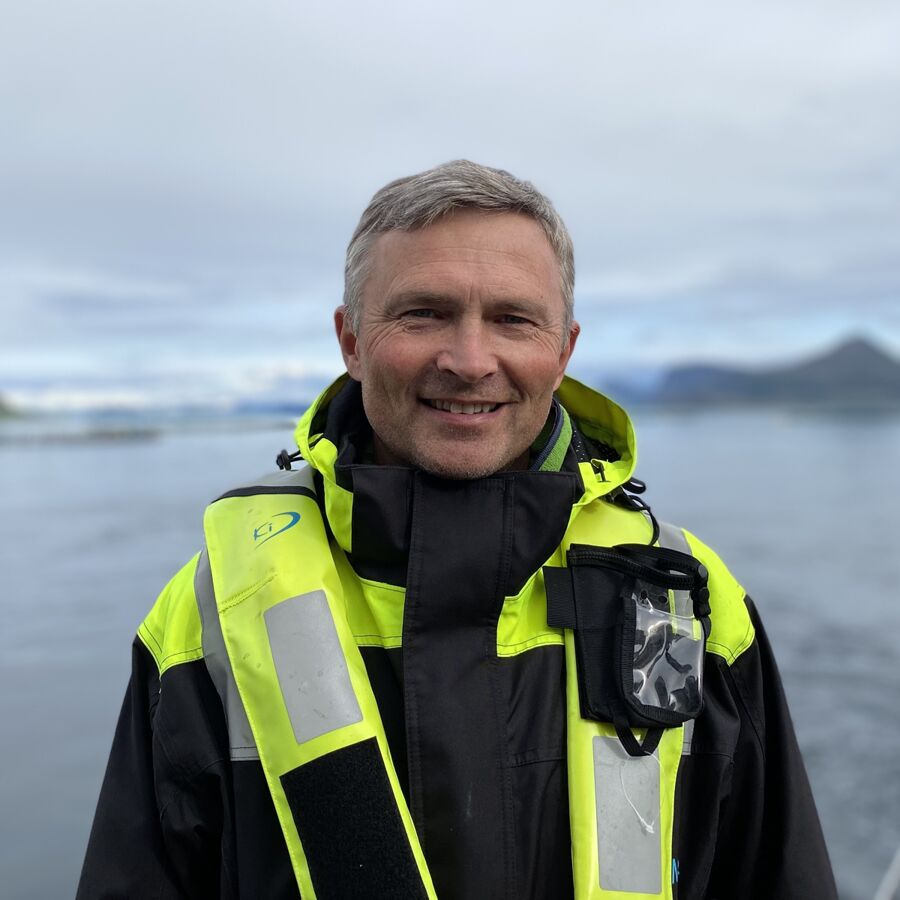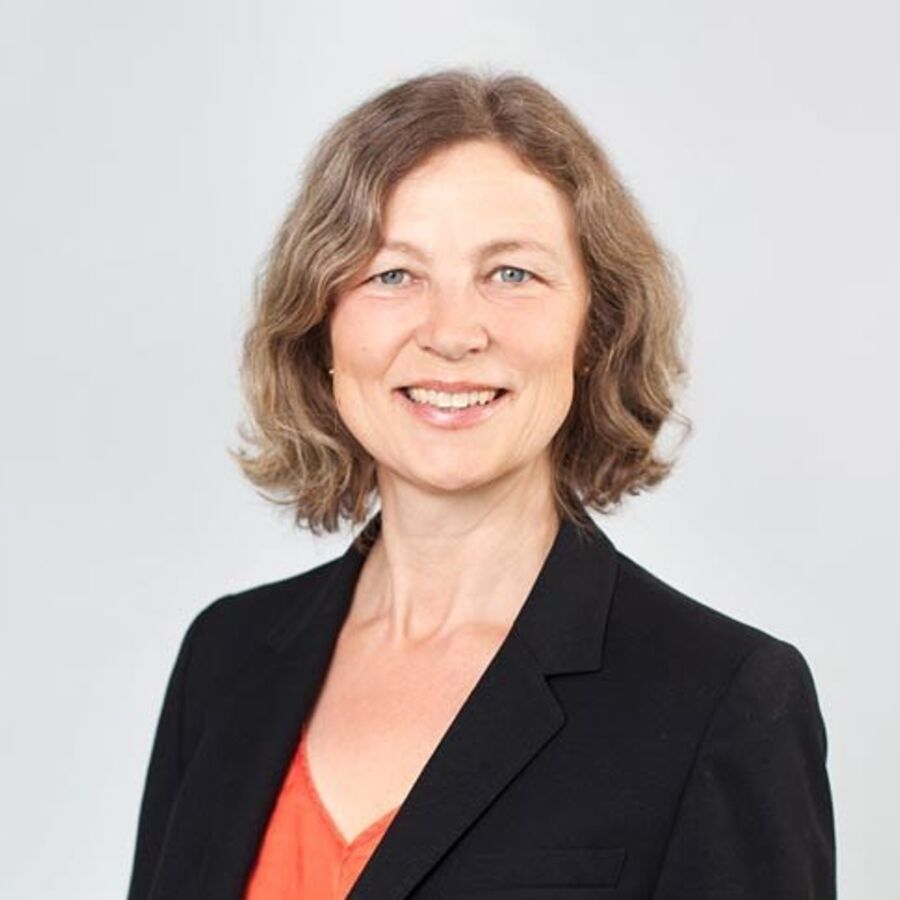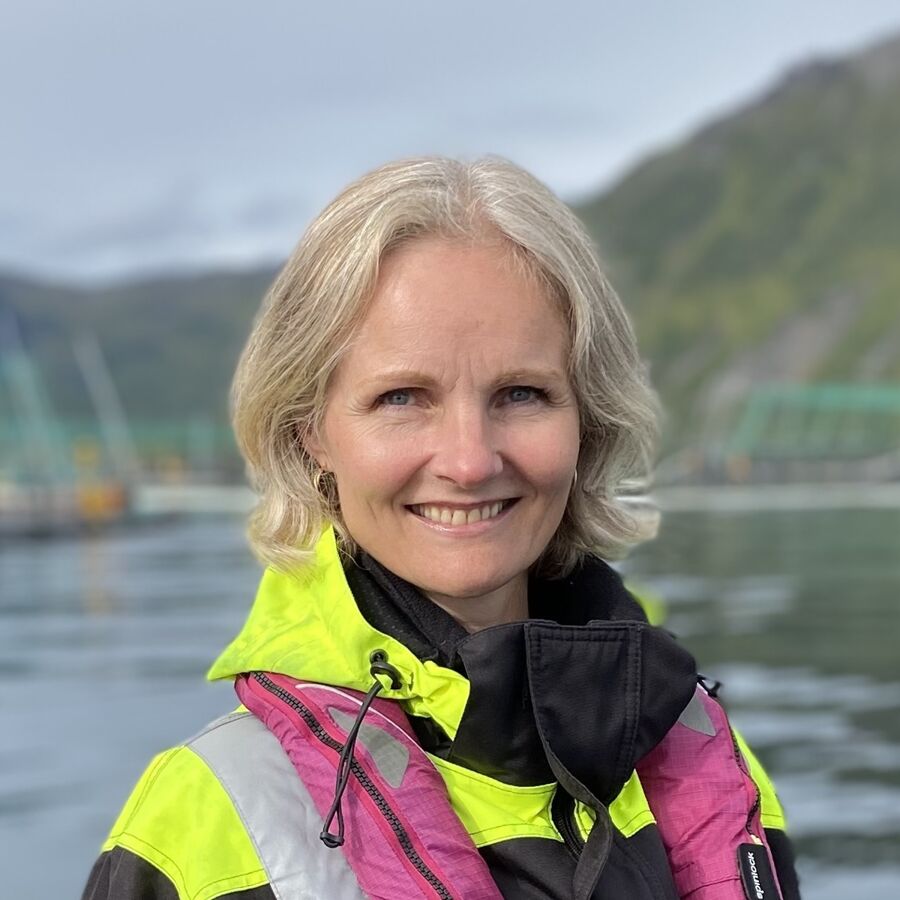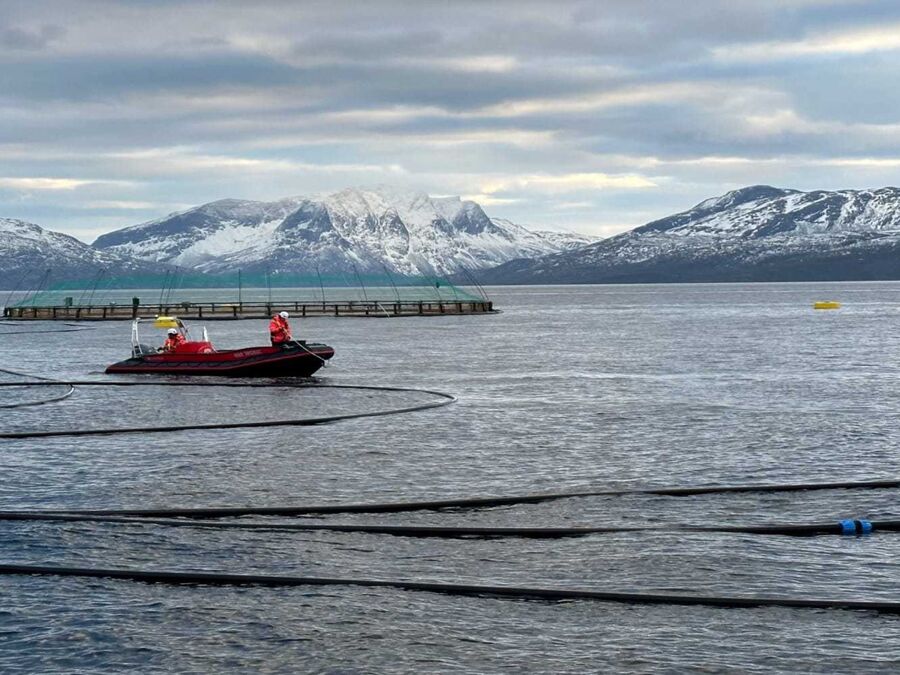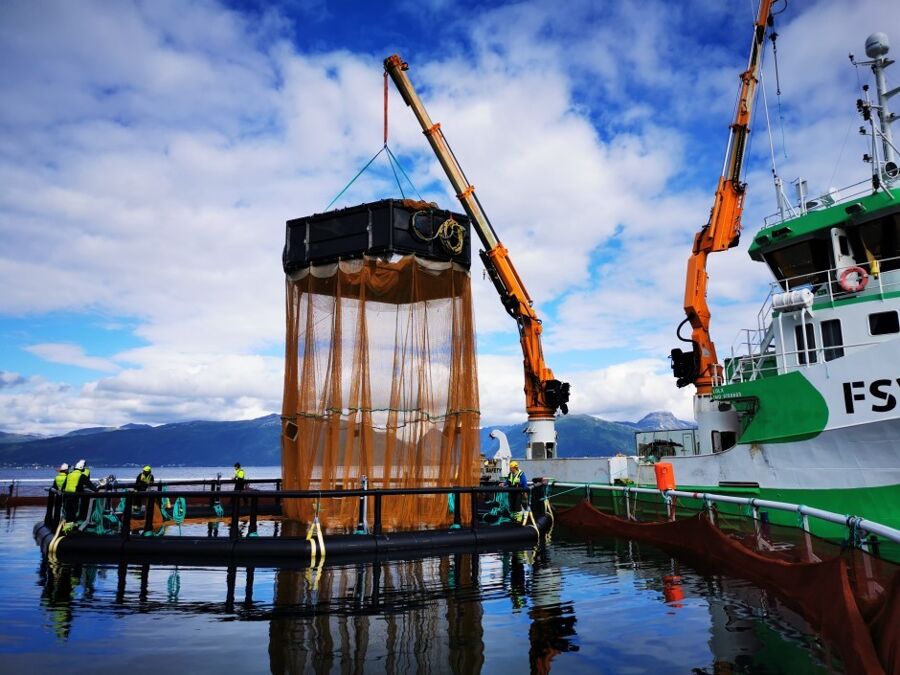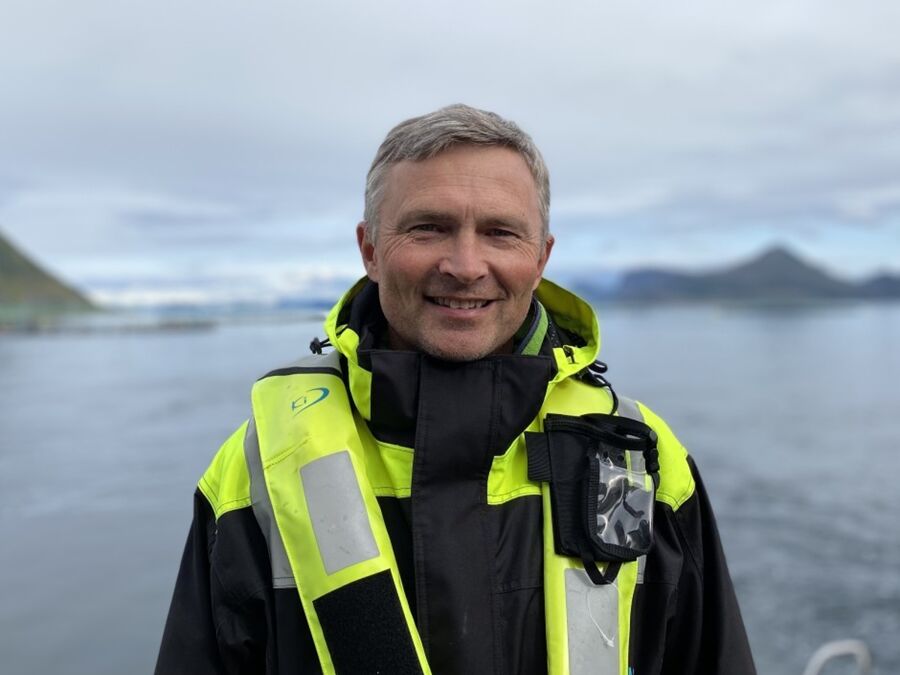News
27.04.2018
Sustainability report 2017 and Cermaq taking the lead on ocean sustainability
Contributing to meeting the UN sustainability goals is fundamental to Cermaq, and the report presents the sustainability performance in 2017, that when combined with Cermaq’s partnerships is essential to scale up the impact of Cermaq’s sustainability activities, including a new UN initiative on oceans.
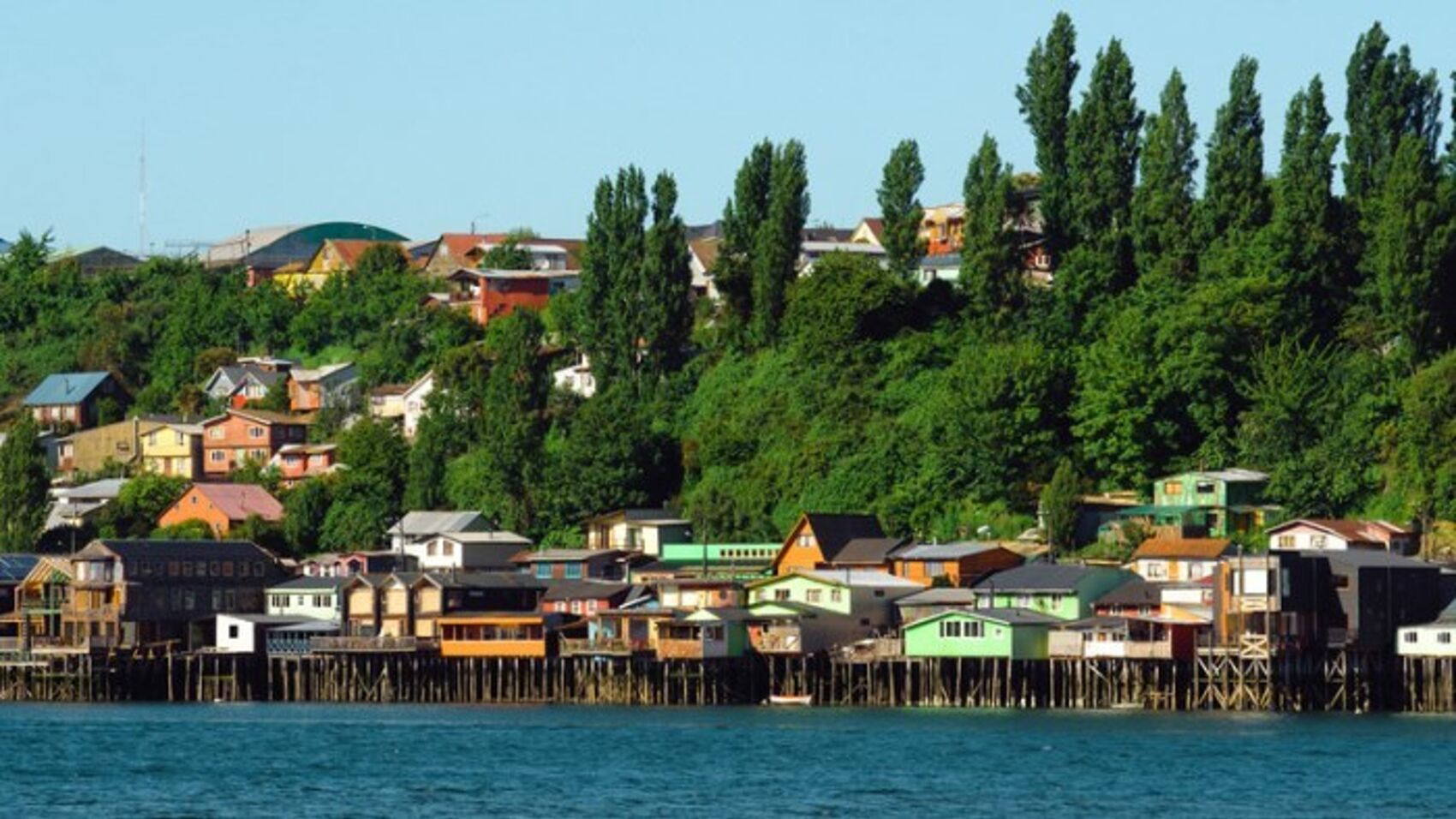
The sustainability report is an externally audited GRI report based on Cermaq’s long tradition of being the most transparent seafood company globally.
- To meet future demands for more healthy and sustainable food, the production of food in the ocean must increase. Scientific communities with a broad perspective on sustainability, including the UN and FAO, agree that aquaculture has an important role to play. Aquaculture is part of the solution, and we must weigh the different considerations, i.e. making a cost-benefit analysis for society of growing aquaculture to meet future needs. Being transparent about our performance and working in partnerships to scale up our impact to find solutions to the SDGs is our way forward, says CEO Geir Molvik.
Key performance results from 2017 include fish health and environmental impacts presented by a suite of indicators and by overviews of initiatives e.g. reducing carbon emissions, vaccine development and community engagement.
- We need a real change in how we use and take care of our oceans. In Cermaq, we see the negative consequences of climate change including higher sea temperatures, lower oxygen levels in the sea, more extreme storms, and more harmful algae blooms, and these consequences seem to develop fast. That is why Cermaq joined the UN Global Compact Ocean Action Platform as the first company, and we are stepping up our work to develop solutions and contribute to a sustainable use of the oceans across the maritime industries, underlines CEO Geir Molvik.
In 2017 there has been strong improvement on Occupational Health and Safety, an area that is a top priority to bring aquaculture to the same level as other industry sectors traditionally strong in this area.
Full financial reporting will be published with Cermaq’s financial accounts after the end of fiscal year 31 March. The sustainability report presents economic indicators as country-by-country tax payment and also distribution of economic value. 2017 was the first year a dividend was transferred to the owner, Mitsubishi Corporation, since the acquisition in 2014,and a total of NOK 404 million (USD 51 mill) was transferred while a record high economic value of NOK 1,991 million was retained in the company for investments in our operations in Norway, Chile and Canada.
Related Content
Press contacts
